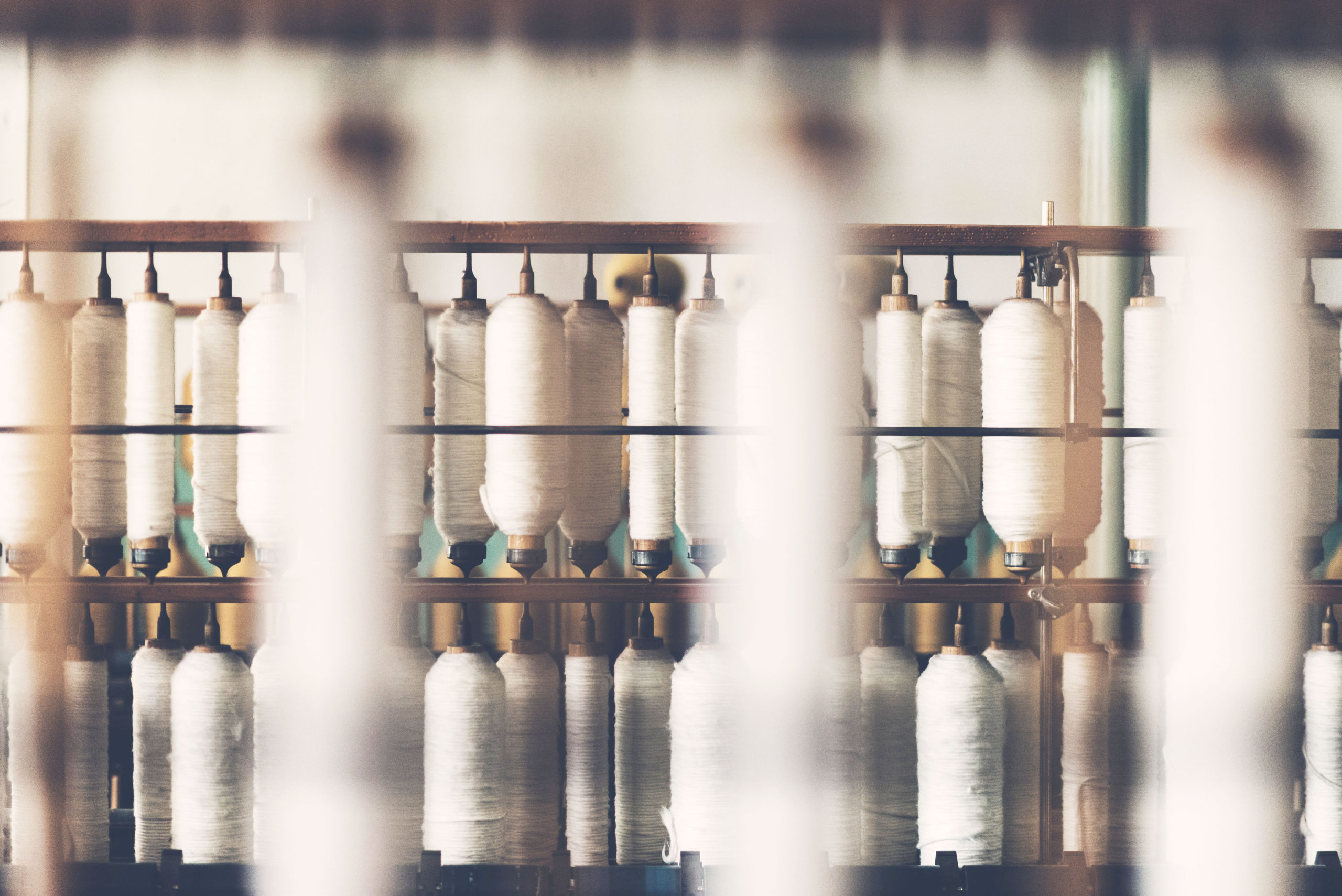Like any trend that bursts into the world of fashion, sustainability also began as something put into practice by few visionaries. However, the evolution of the market, social, legislative and climatic pressure, has transformed fashion sustainability into one of the main keywords when defining the present and future of the sector. The vision of sustainability as a passing trend is replaced by the mandatory paradigm shift that the textile industry is facing. Sustainability is no longer an option, it’s here to stay and it’s time to debunk the myths that exist around it to conceive it as a facilitator of competitiveness and survival capacity of your fashion brand.
It’s time to debunk the myths that exist around sustainability to conceive it as a facilitator of competitiveness.
Beyond prints and colors, there is a concept that in a short time has reached the big headlines of the industry. In recent years, few issues have generated greater agreement in the textile sector than sustainability. But, how to define it with the information overload we have? What does sustainability mean? And, how should it be applied to the strategic planning of a brand?
In the era of textile transformation and due to the excess of inputs that we receive as fashion professionals, it’s essential to break down the myths that prevent us from understanding sustainability as the true driver of change that it is. Discover what are the false beliefs that for a long time have made you think that sustainability had no place in your business:
1. The sustainability of a fashion brand only depends on the type of materials used (false)
Many professionals often believe that sustainable behavior should focus on the extraction of raw materials and manufacturing systems. However, having a global vision will be the only thing that guarantees the sustainable commitment of the brand.
Assessing the entire life cycle of the product, the traceability of all the processes involved and applying sustainability criteria from a multidisciplinary and integrative approach that values the environmental, social and economic dimension of the activity will be what defines the true index of sustainability of a fashion brand.
2. Without certifications I cannot prove the sustainable activity of my brand (false)
Although it’s true that certifications are often a guarantee of the brand’s sustainable commitment, it’s not essential to have them to develop a strategy that places sustainability at the center of the business model.
The economic and temporary barriers that may arise when it comes to achieving a certain certification don’t have to be an obstacle for those brands that wish to prove their sustainability index. BCOME works as an external tool that validates the activity of your brand, so you can communicate with total transparency to your customers.
3. Sustainability should be a department added to the company (false)
As we’ve commented in the first point, sustainability isn’t something isolated. It’s a complex system that must be spread throughout the entire business. Knowing how to integrate sustainability within the strategic planning of the brand will be essential.
Each and every one of the company’s departments must take into account the sustainability criteria so that the efforts made by one part of the team correspond to the actions implemented in the rest of the company. Sustainability is always the result of collective work.
4. To implement sustainability in my business I need a big budget (false)
Following with the previous point, it’s important to point out that the expense on sustainability must be done from a strategic approach. Considering what are the pillars of the business on which it’s interesting to invest so that these efforts have a potential scope that allows improving the general performance of the brand.
To take your first steps in sustainability it isn’t essential to have astronomical figures, you just need to have a great knowledge of all the processes developed by your brand.
5. If my brand cannot be 100% sustainable, it’s better not to try (false)
Never trust those businesses that claim to be 100% sustainable, nobody is. And the truth is that your consumer doesn’t expect you to be either, what they do demand from you is transparency. Despite not being able to guarantee an absolutely sustainable behavior, the predisposition to show the truth and establish a starting point to work is the key to strengthening the relationship with the consumer.
Remember, in terms of sustainability it’s not important to be perfect, it’s enough to be better than yesterday.
6. A sustainable business is not profitable (false)
The basis of the economic system defines that a business that isn’t profitable is not a business, therefore, guaranteeing the economic viability of your brand will be based on finding a balance between profitability and purpose, between business and sustainability.
Working from a sustainable approach feeds the strength of your business and helps increase the loyalty of your customers. Brands that have strong engagement connect better with their audiences by becoming brand leaders.
7. If my audience is not a conscious consumer, I don’t need to be sustainable (false)
As we’ve mentioned, sustainability is no longer an option. The state of the supply chains, the growing collective and legislative pressure, in addition to the climate emergency, are causing a change of scene for all the players in the fashion industry.
If your brand wants to be competitive and survive in the fierce world of the textile sector, it’s time to consider how to act from a more sustainable perspective. Perhaps the conscious consumer is not within your current target audience, however, trends are changing and for the younger generations, sustainability starts to play an essential role in their purchasing decisions.
8. The value proposition of my brand is design, not sustainability (false)
Sustainability by itself doesn’t work as a value proposition. At the moment in which we consider that sustainability is an essential requirement for any brand that seeks to get ahead in the market, we must position it as the central axis of the business model, not as a simple sales argument.
Your business is unique for many other reasons, sustainability will make your brand more competitive but you should not base your differential value on it.
9. Sustainability is a trend that will go out of style (false)
Nothing further from reality. We have been anticipating it for several articles, the current context places us in front of a series of challenges that force a paradigm shift for the textile sector.
Whether due to industrial, collective or regulatory pressure, companies are increasingly challenged to catch up on basic environmental, social and ethical management issues. The scenario has changed and sustainability has become essential to maintain the health of the fashion industry.
10. Nowadays, anyone is an expert in sustainability (false)
It’s likely that you feel overwhelmed by the amount of information that you receive every day in relation to this topic. Blogs, gurus, the claims coming from the commercial messages of other fashion brands… we perceive it all as an excess of information that is difficult to absorb and that is often far from our real needs as professionals in the fashion industry.
Where to start? Where to find reliable information? The answer is simple, trust those sources that communicate rigorously, trust data rather than assumptions, rely on sources with experience in sustainability. The doors of our blog will always be open for you.
These are just 10 of the many myths that exist around sustainability in the world of fashion. A much discussed concept of which there are multiple false beliefs.
Sustainability is here to stay and at BCOME we want to put our learning at your service to guide you on this long path. Do you need a tool to start your transformation towards sustainable fashion? Let’s talk!








